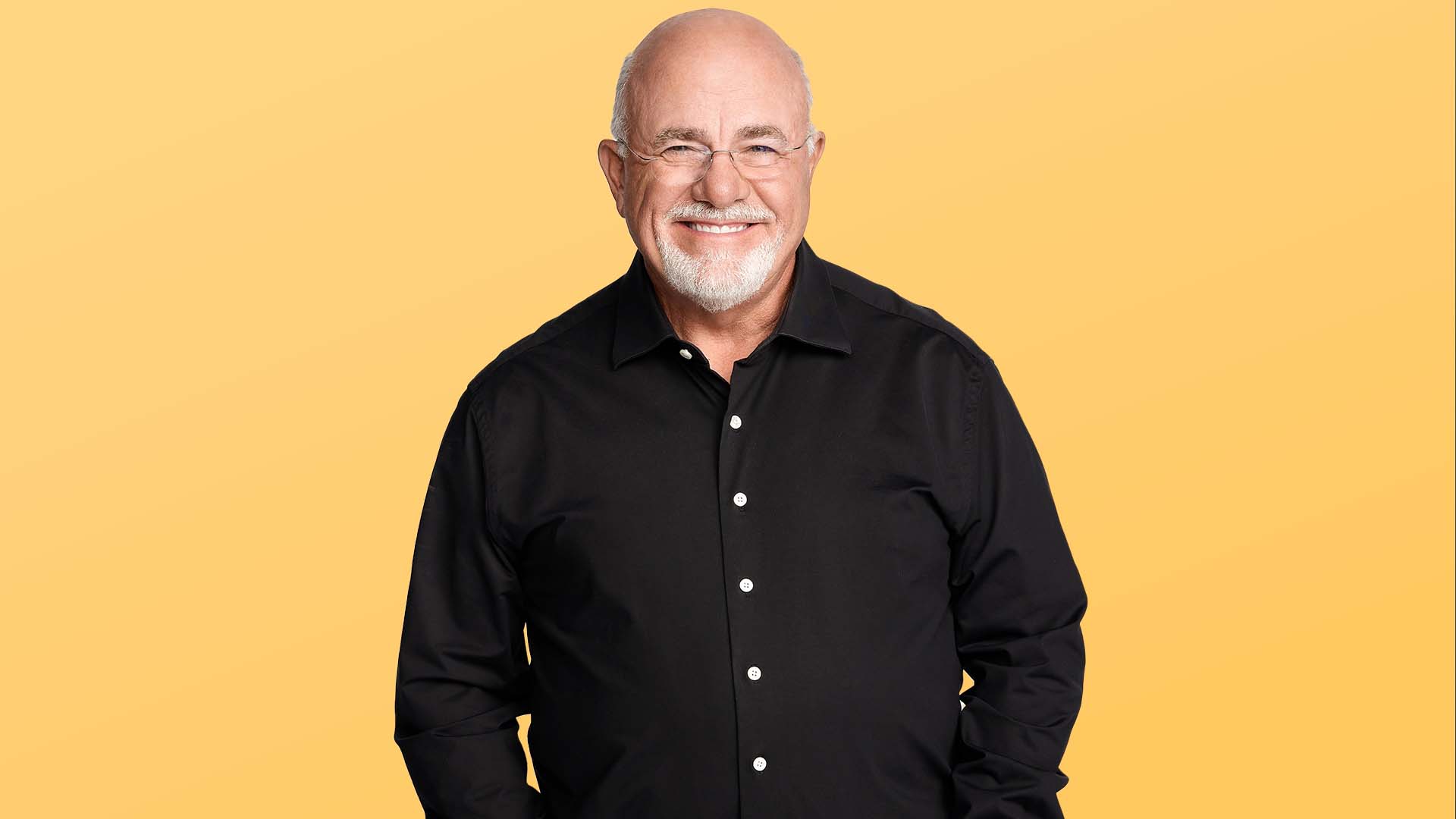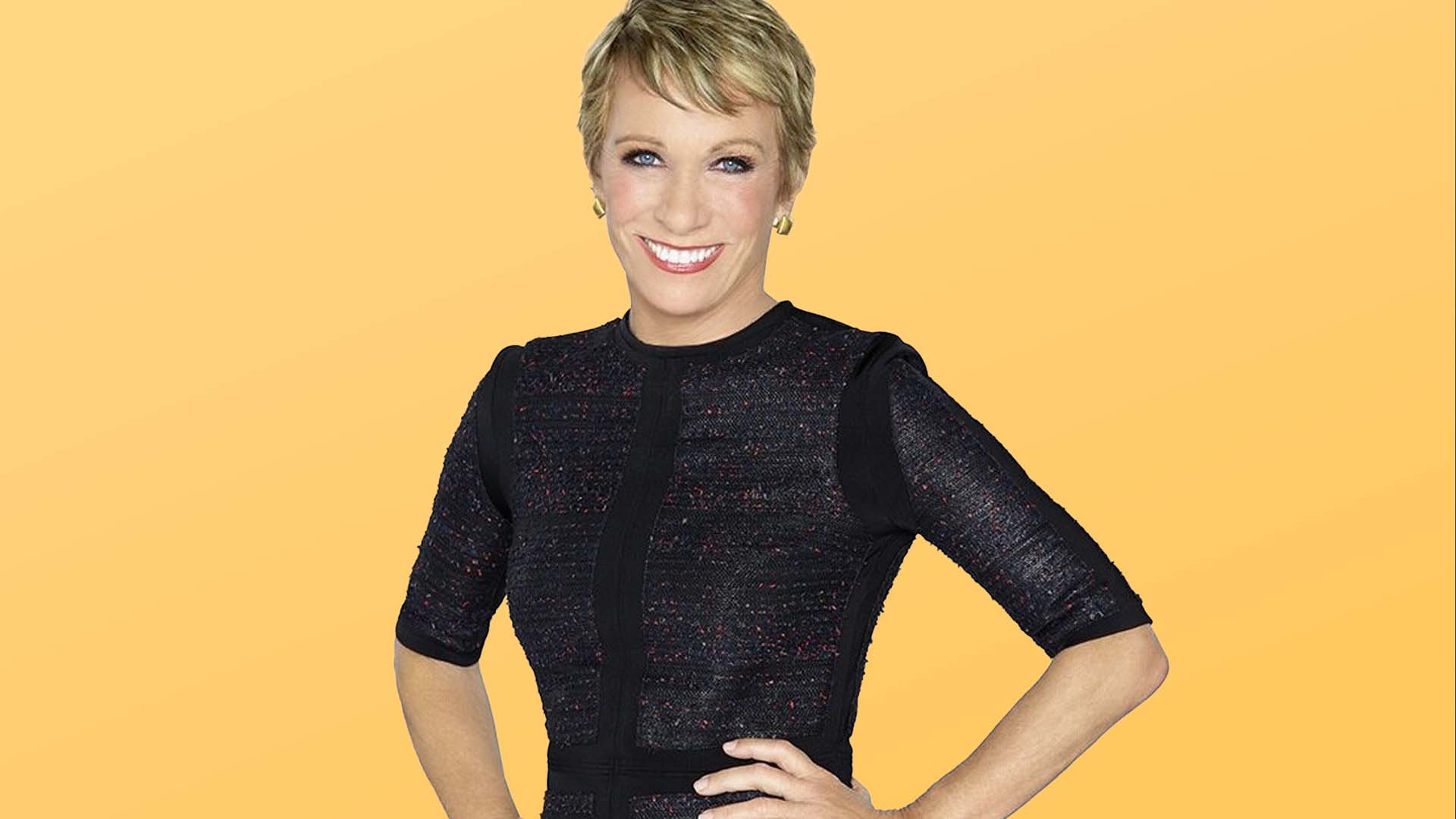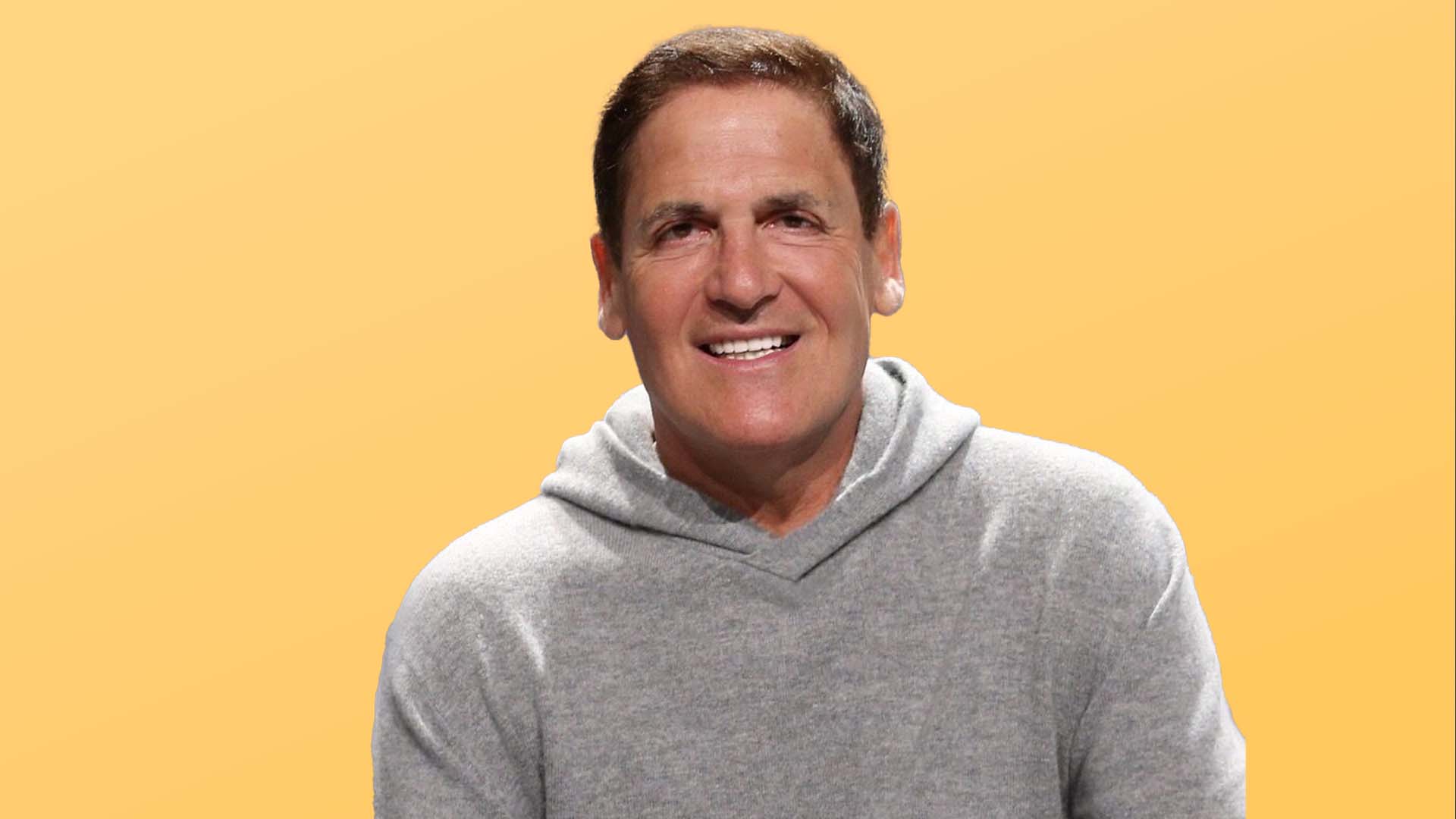I’m a Retirement Planner: Here’s Why Delaying Social Security Until 70 Could Cost You Money

Commitment to Our Readers
GOBankingRates' editorial team is committed to bringing you unbiased reviews and information. We use data-driven methodologies to evaluate financial products and services - our reviews and ratings are not influenced by advertisers. You can read more about our editorial guidelines and our products and services review methodology.

20 Years
Helping You Live Richer

Reviewed
by Experts

Trusted by
Millions of Readers
If you’re even casually thinking about your retirement plans, you’ve probably been bombarded with a common piece of advice: Wait until age 70 to claim your Social Security benefits. On paper, it sounds like a good idea since you’ll receive the highest possible monthly benefit. However, the best-laid plans that seem terrific on paper can sometimes fall flat in real life — depending on your circumstances. And delaying your Social Security benefits is no exception.
According to D’Andre Clayton, co-founder of Clayton Financial Solutions, delaying your benefits isn’t always the wisest course of action. In certain situations, it could even end up costing you money. Clayton spoke with GOBankingRates as part of our Top 100 Money Experts series to explain why you shouldn’t automatically follow the conventional advice on when to claim your benefits.
Life Doesn’t Always Look Like the Actuarial Tables
Clayton has seen clients who were determined to wait until age 70 to claim their benefits encounter a rude reality: Sometimes, they don’t reach the age to claim — or fully enjoy — those benefits. He calls this the “break-even point.”
“The more likely consequence is the inability to survive long enough for the break-even point. For instance, if you waited until 70 instead of 65, your break-even point would be age 81 or 82,” he said. “Here’s the issue with this: The average life expectancy for men is 75.8 years, while for women it’s 81.1 years.”
In other words, there’s a high likelihood that waiting until 70 may not pay off for everyone.
Clayton explained that delaying benefits can also backfire when one spouse passes away prematurely.
“The survivor may lose a Social Security check and then get pushed into a higher Income-Related Monthly Adjustment Amount (IRMAA) tier due to required minimum distributions or capital gains — so the net income advantage evaporates,” he said.
The Opportunity Cost Can Be High
By embracing the traditional mindset that you must wait until 70 to claim Social Security benefits, you could lose the chance to invest or strategically deploy those funds earlier.
“Between 62 and 70, those deferred payments could have been invested into Roth accounts, Bitcoin or anything else that could possibly yield more than what the deferred benefit could create,” Clayton said.
When weighing the conventional approach to claiming Social Security at 70 against the upside of taking benefits earlier and investing them, Clayton also factors in the overall longevity of the program itself.
“We also have to be realistic that Social Security has a predicted point where the Disability Insurance Trust Fund will be depleted,” he said. “I’m not one to believe that will mean the end of Social Security — it’s too interwoven into society — but it’s possible that the expected amount or even the guaranteed increase for waiting could be adjusted to keep Social Security solvent.”
Essentially, you could be giving up years of compounding potential for a “guaranteed” increase that never fully materializes.
You Could Run Into a Hidden Medicare Trap
Clayton adds that many people forget Medicare premiums are automatically deducted from their Social Security benefits — meaning their net benefit is what remains after health expenses. If your income rises from required minimum distributions, capital gains or part-time work, your IRMAA surcharges can increase your Medicare Part B and Part D premiums by hundreds of dollars per month.
“Heaven forbid you haven’t planned appropriately, and these things also push your income to another tax bracket,” he said. “That’s a tax on two sides — one you can clearly see and another that’s a hidden tax on your retirement income.”
Clayton cautions that if you experience these higher IRMAA surcharges, you’re no longer protected by the hold-harmless provision, which prevents Medicare premiums from reducing your net monthly benefit.
“With cost-of-living adjustment (COLA) being 2.5% and the Medicare Board projecting consistent inflation of future Medicare Part B premiums by 10% on average a year until further notice, the hold-harmless provision could become the saving grace of your Social Security,” he said.
He notes that claiming earlier can help you manage these key thresholds more strategically. Taking Social Security at 65 instead of 70 can give you predictable income sooner, enabling you to time Roth conversions or annuity income before IRMAA brackets tighten.
“Medicare and Social Security are financially joined at the hip,” he said. “You can’t plan one without the other.”
Remember: There Is No Rule of Thumb — Only What Works for You
For Clayton, the best approach to timing your Social Security benefits is one that meets your individual retirement goals and tax strategy. Though each client is unique, he has developed a baseline approach that realistically models the value of Social Security.
To create this model, he looks at the following factors:
- IRMAA tiers and projected premium inflation
- Required minimum distribution (RMD) timing and tax-rate drift
- Longevity probabilities based on medical history
- Personal preference — whether a client wants guaranteed income now versus later
“The ‘optimal age’ is rarely 70 or 62; it’s the point where lifetime spendable income is highest after taxes and healthcare costs,” he said. “I call that the behavioral break-even — where math and mindset meet.”
The Bottom Line
To create a balanced retirement plan, your best bet is to sit down with a qualified financial advisor. Together, you can determine the best time to collect your Social Security benefits — and don’t automatically assume that age 70 is your best option.
This article is part of GOBankingRates’ Top 100 Money Experts series, where we spotlight expert answers to the biggest financial questions Americans are asking. Have a question of your own? Share it on our hub — and you’ll be entered for a chance to win $500.
 Written by
Written by  Edited by
Edited by  Money Expert
Money Expert 











































































































